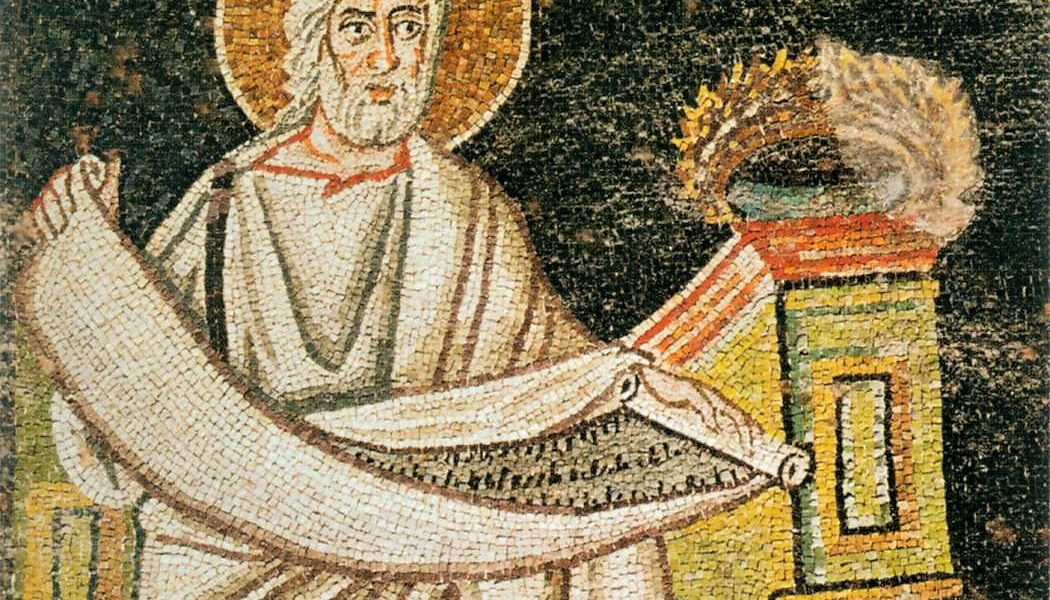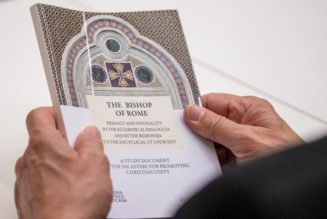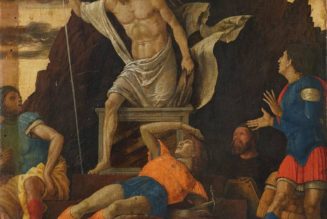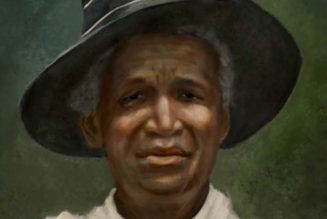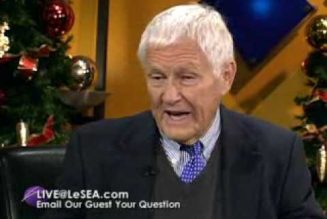
Prophets are those who speak for God. They love Him and His people. They speak the often-painful truth to God’s people not to win an argument but because of their love and their conviction that only His undiluted truth can save us in the end.
People-pleasing and other forms of human respect cannot supplant reverence for God and His truth. Prophets are willing to endure pain, suffering, and even death in order to proclaim God’s truth to an often-unappreciative audience.
Today’s readings set forth a kind of “rule for life” for prophets. We who are baptized into the order of the prophet do well to listen to these teachings. Let us examine them in three stages.
I. The Call that is Declared – In the first reading God says to Jeremiah (and to us): The word of the LORD came to me, saying: Before I formed you in the womb I knew you, before you were born I dedicated you, a prophet to the nations I appointed you. But do you gird your loins; stand up and tell them all that I command you.
The Prevenient nature of our Call – The word “prevenient” is an adjective describing something that comes before, something that is anticipatory. God has not chosen us on a whim, as if to say, “I suppose you’ll do.” Before He made us, He considered our call and then equipped, empowered, and enabled us for our work.
God tells Jeremiah (and us) that He knew, loved, and cherished us long before He made us. He made us in a way that prepared and equipped us for the work of being prophets.
How? The answer to that different for each person. There is no one who can proclaim God or announce the kingdom the way you can. Perhaps He has especially equipped you to evangelize certain individuals whom no one else can reach. Just know this: God thought a long time about you and prepared you in very specific and thoughtful ways. Whatever you need has “come before,” is “prevenient.”
The Purview of our Call – God tells Jeremiah (and us) that we are appointed unto the nations. Jeremiah himself did not journey beyond Israel, but since that time the Word of the Lord uttered through him has reached every nation.
Never doubt the influence you can have by the grace of God. Even in and through reaching one person you can change the destiny of many. Stay in your lane and do your work, but remember that through you God can accomplish more than you can imagine. By His grace, your influence can reach the nations.
The Preparation of our Call – The Lord tells Jeremiah (and us) to “gird our loins.” This is an ancient way of saying, “roll up your sleeves.” In other words, prepare to work by assembling what you need and getting ready to expend effort.
For us this surely means daily prayer, weekly Eucharist, and frequent confession. It means prayerfully reading God’s Word and the teachings of the Church. It means keeping fellowship with the Church and with fellow believers. All of this equips, empowers, and enables us for the work God has called us to do: being prophets.
Beyond this there may be other specific gifts God calls each of us to develop: music, a second language, healing, preaching, or administration. God will show you what those gifts are and help you to grow the talents you have received.
In all this you “roll up your sleeves” for the work God has given you and prepared you for so that you will be an effective prophet.
The Prescription of our Call – The text says, “[T]ell them all that I command you.” In other words, leave nothing out; proclaim the whole counsel of God. Don’t just proclaim what appeals to you or agrees with your politics and worldview. Don’t just say what is popular or agrees with worldly thinking. Tell them the whole message, in season or out of season.
II. The Courage that is Demanded – The text says: Be not crushed on their account, as though I would leave you crushed before them; for it is I this day who have made you a fortified city, a pillar of iron, a wall of brass, against the whole land: against Judah’s kings and princes, against its priests and people.
Strong – A prophet needs to be strong, for people are stubborn and hesitant to change. Indeed, we are collectively a stiff-necked people; we have necks of iron and foreheads of brass. We are thick-headed, willful, and obdurate. A prophet must be willing to endure a lot to move the ball even a few inches. If you don’t think we’re a hard case, look at the cross and see what it took to save us. Prophets need strength and persistence.
Supporting – A prophet is called “a pillar of iron.” That is, he is to lend support to a crumbling nation and culture. Whether our culture likes to admit it or not, it is crumbling and collapsing. If it is to stand any chance at all, we must be willing to be pillars of iron, calling this culture back to modesty, decency, chastity, self-control, maturity, obedience to God, and generosity to the poor. Otherwise, everything is destined for ruin.
Sadly, the Church has often had to pick up the shattered pieces of fallen cultures, nations, and eras that refused to repent. But this is what prophets must do: they must be pillars of iron when cultures go weak and soft, or when they crumble under the weight of pride, sin, and unrepentance.
Failing that, we must become, by God’s grace, the new foundation and pillar of what rises from the ashes. All of this takes great courage.
Sanctifying – Jeremiah is told that the priests, kings, and princes have all been corrupted and that he must speak the truth to them and summon them to repentance.
The hardest work of the prophet is calling those who benefit from the status quo to change and repentance. This is hard not only because they are at the “top” of the current system but also because they are owed some degree of respect and obedience as lawful superiors.
Finding the balance between respecting authority figures and summoning them to repentance is not easy and only God can really pull it off. Nevertheless, speaking the truth to powerful people is the unenviable lot of the prophet.
Well, fellow prophets, all of this refers to you and me. Bishop-bashing and ridiculing political leaders is not the solution, but neither is quiet acquiescence when those in authority need to hear a call from the Lord. A lot of prayer and a general tone of respect will surely lead the way. Practice clarity with charity and light with love.
III. The Conclusion that is Determined – The text says, They will fight against you but not prevail over you, for I am with you to deliver you, says the LORD.
In the end, the truth will out. God always wins. Every night gives way to day, when the light scatters the darkness. Darkness has its hour, but truth has eternity. Good Friday only points to Easter Sunday, when death is cast off like a garment. In the end, every true prophet is on the winning team. While he may face laughter, ridicule, persecution, setbacks, and trials, what every true prophet announces will come to pass. History bears this out and it will be made manifest on the Last Day. Darkness cannot prevail; it always gives way to the light.
The conclusion for the prophet, the Church, the gospel, and the Lord is total victory. It cannot be any other way. God has spoken it and He will do it.
The Lord Jesus shows us this in today’s Gospel, even if only in a small way. The text says,
They rose up, drove him out of the town, and led him to the brow of the hill on which their town had been built, to hurl him down headlong. But Jesus passed through the midst of them and went away.
This is a preview of Easter: just when Satan is running his victory lap, the Lord casts off death and stands as light in the shadow of the cross. Satan loses; Jesus wins.
So, get on the winning team. Pay little heed to the current struggle; it cannot last. Jesus has already won.
Join Our Telegram Group : Salvation & Prosperity
